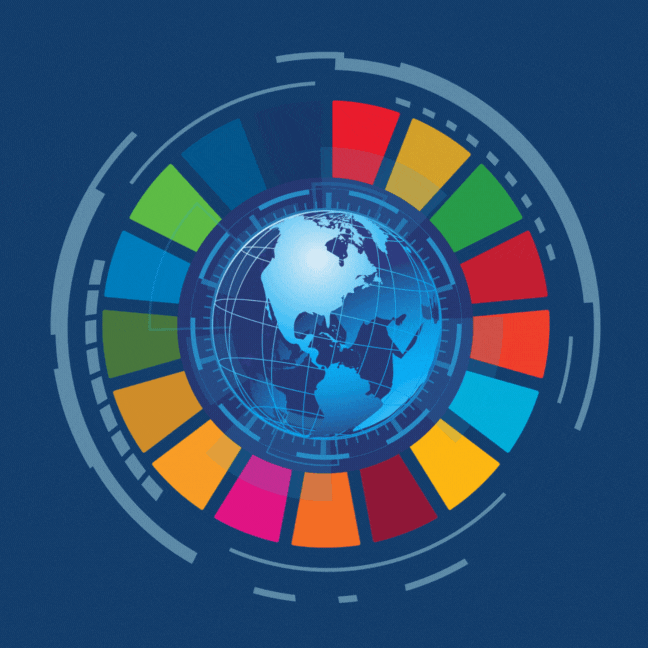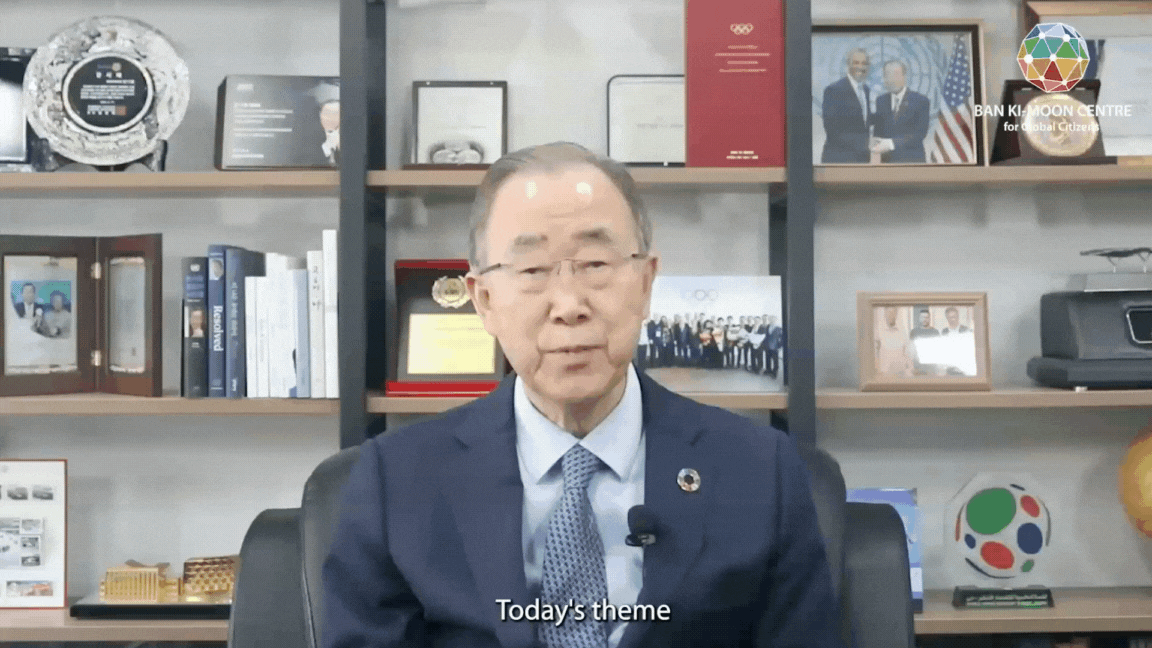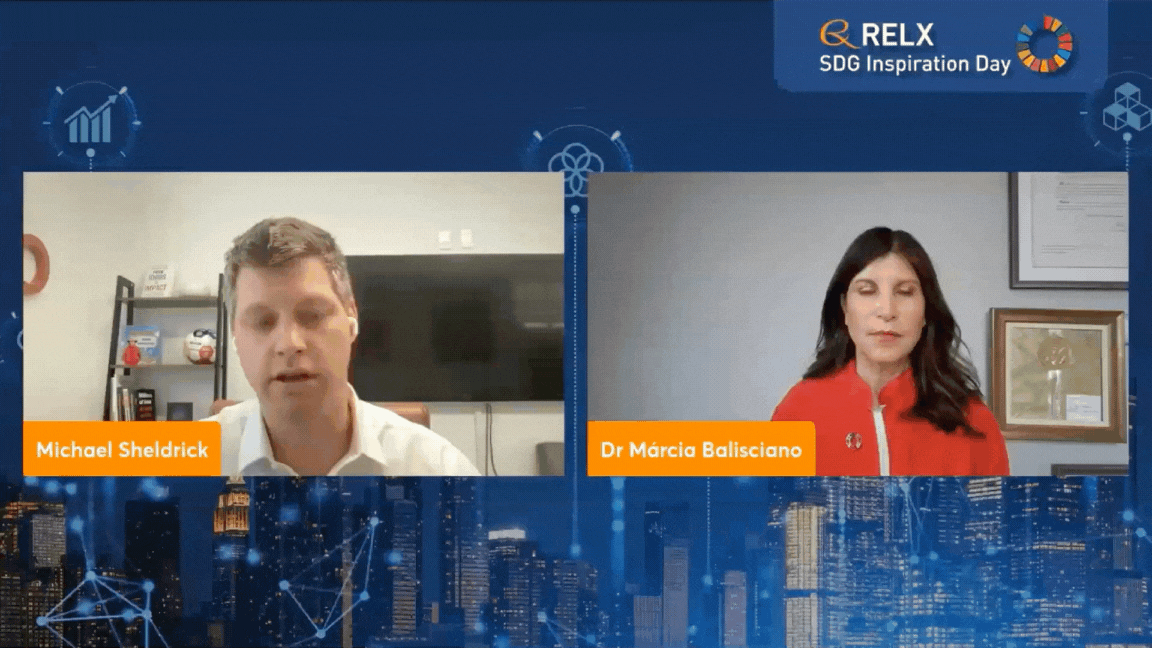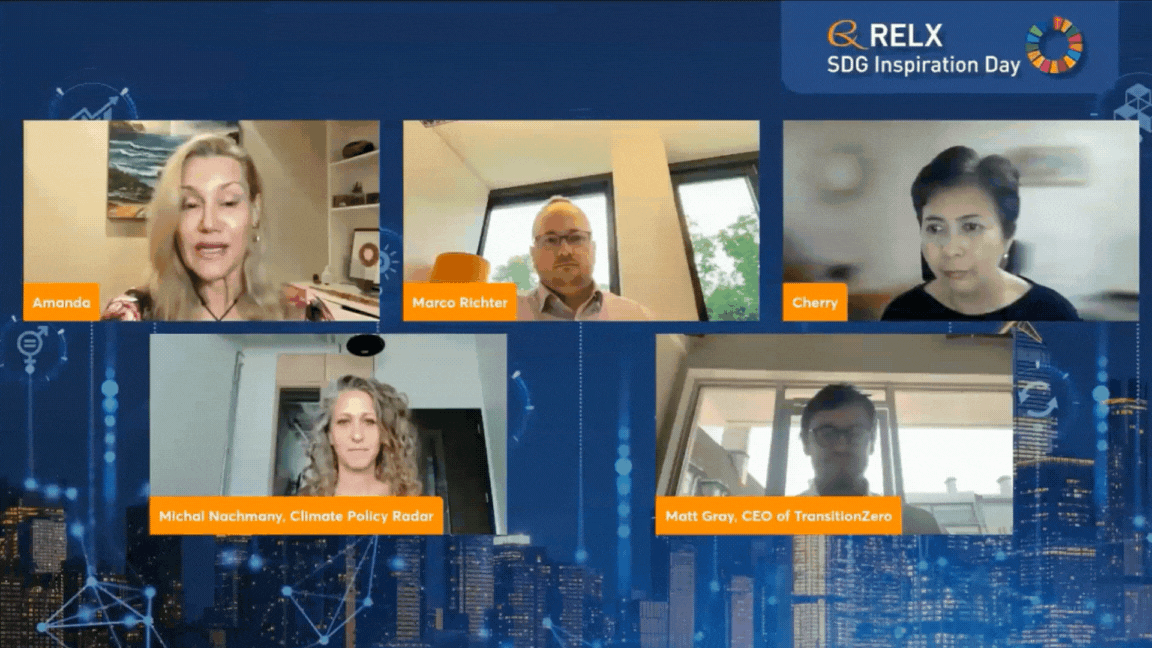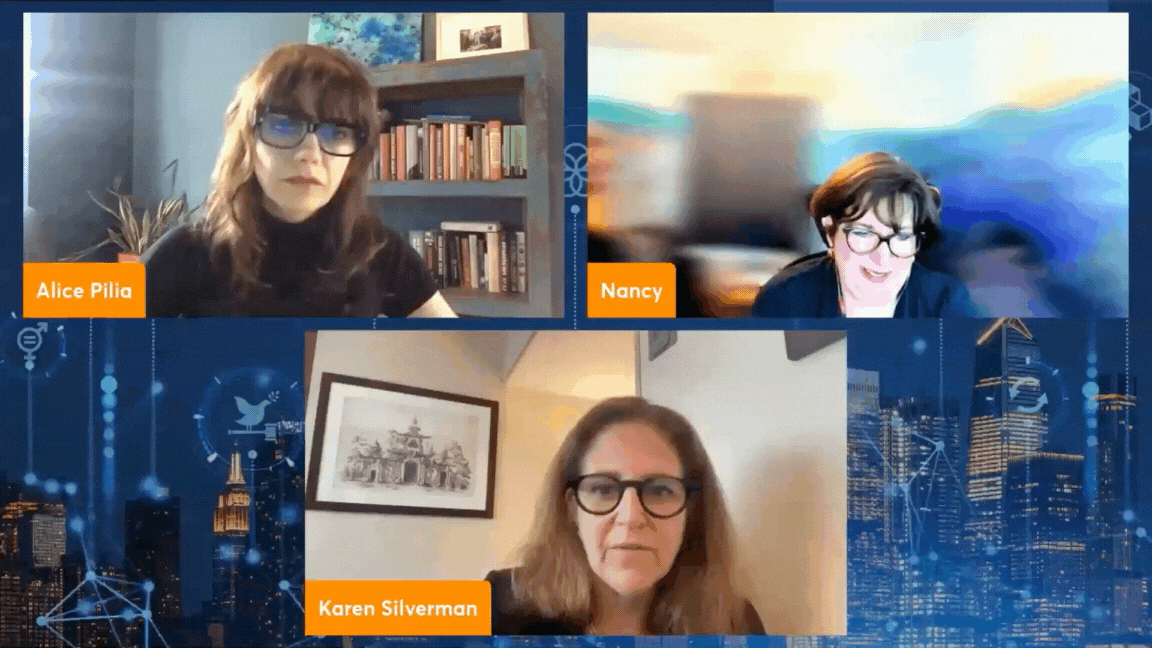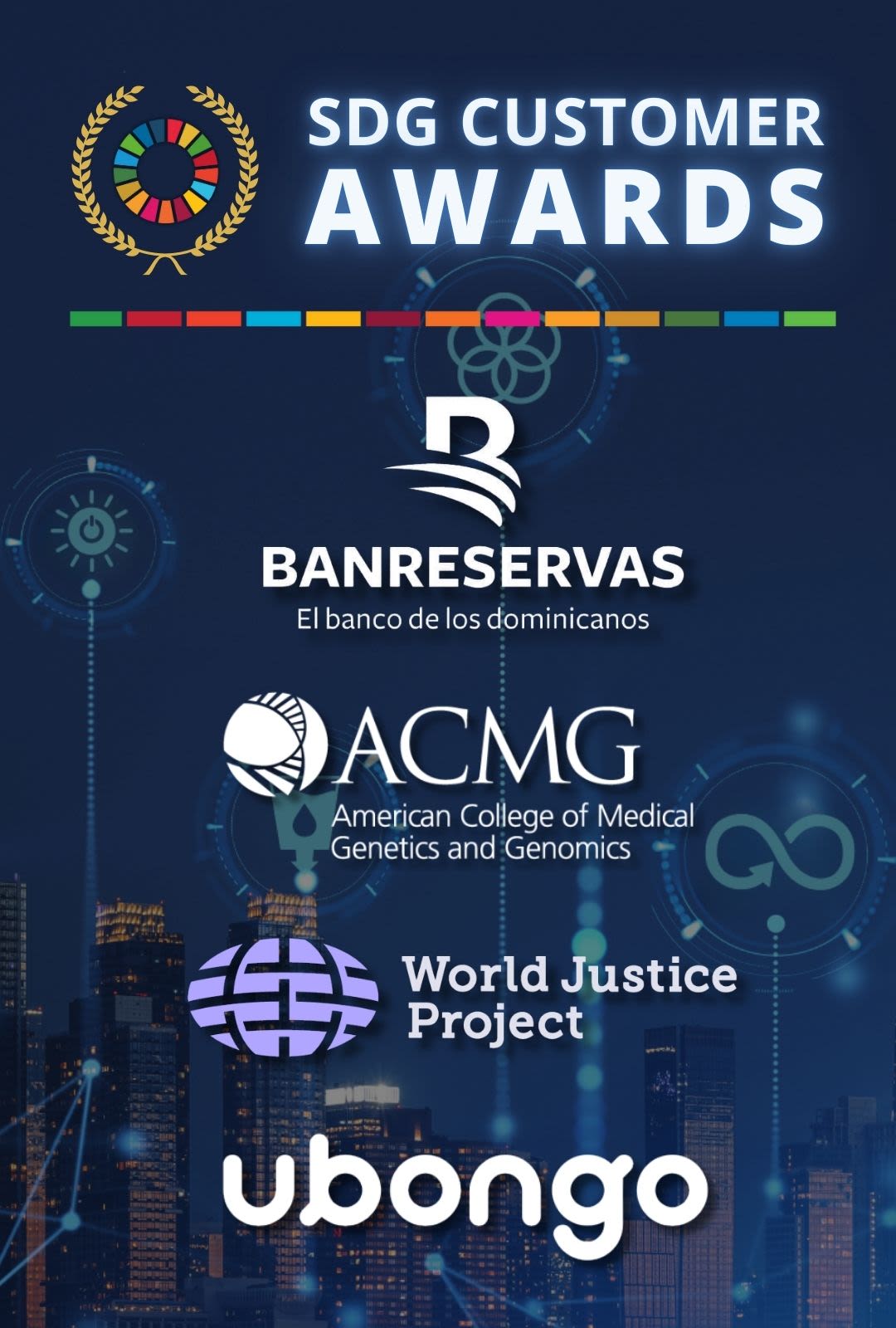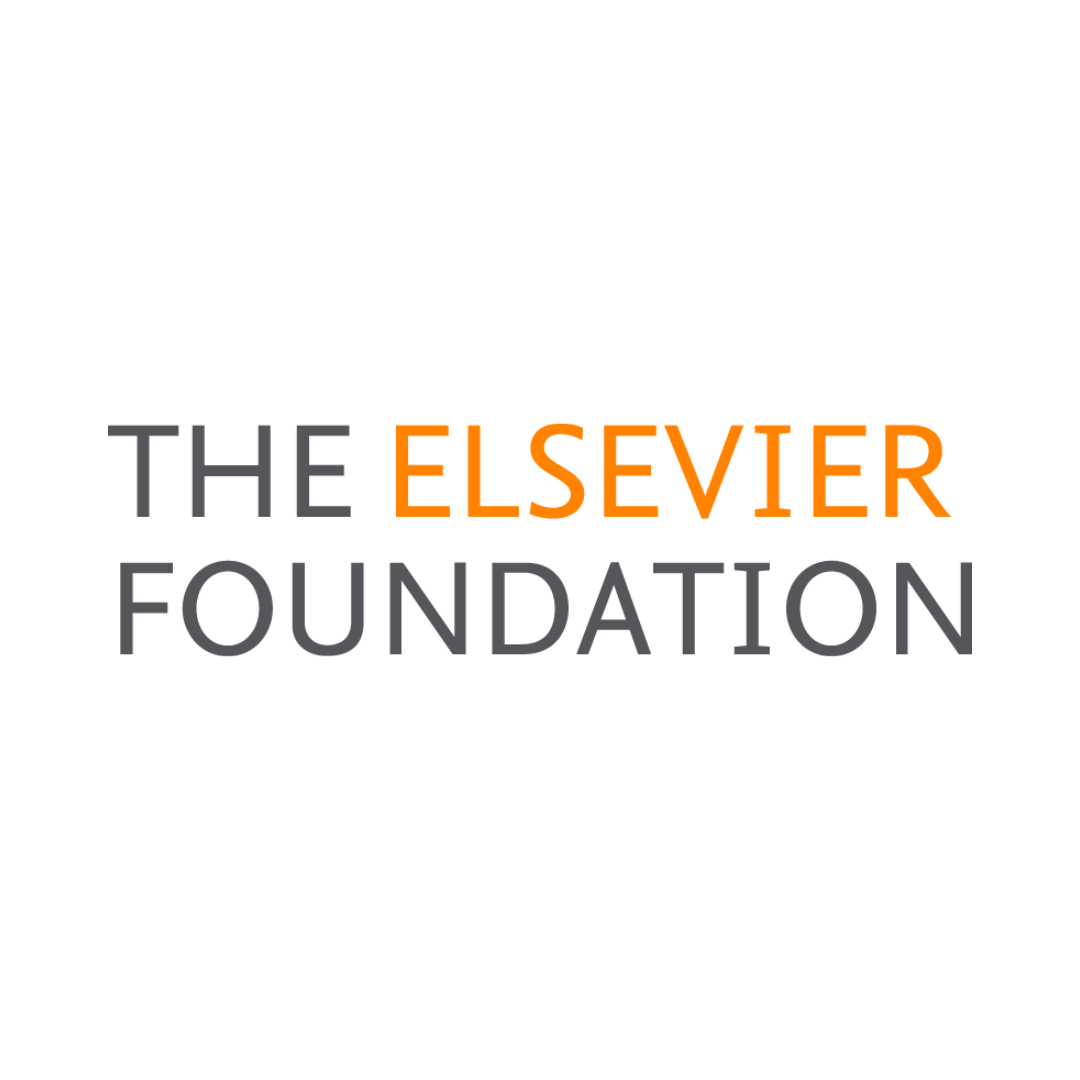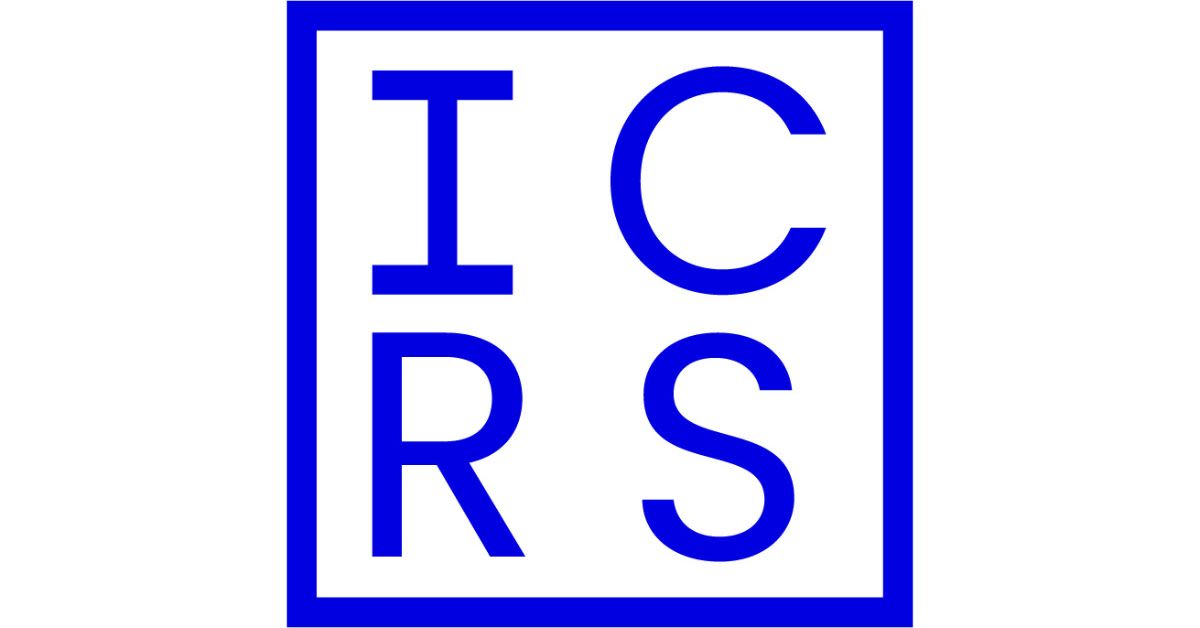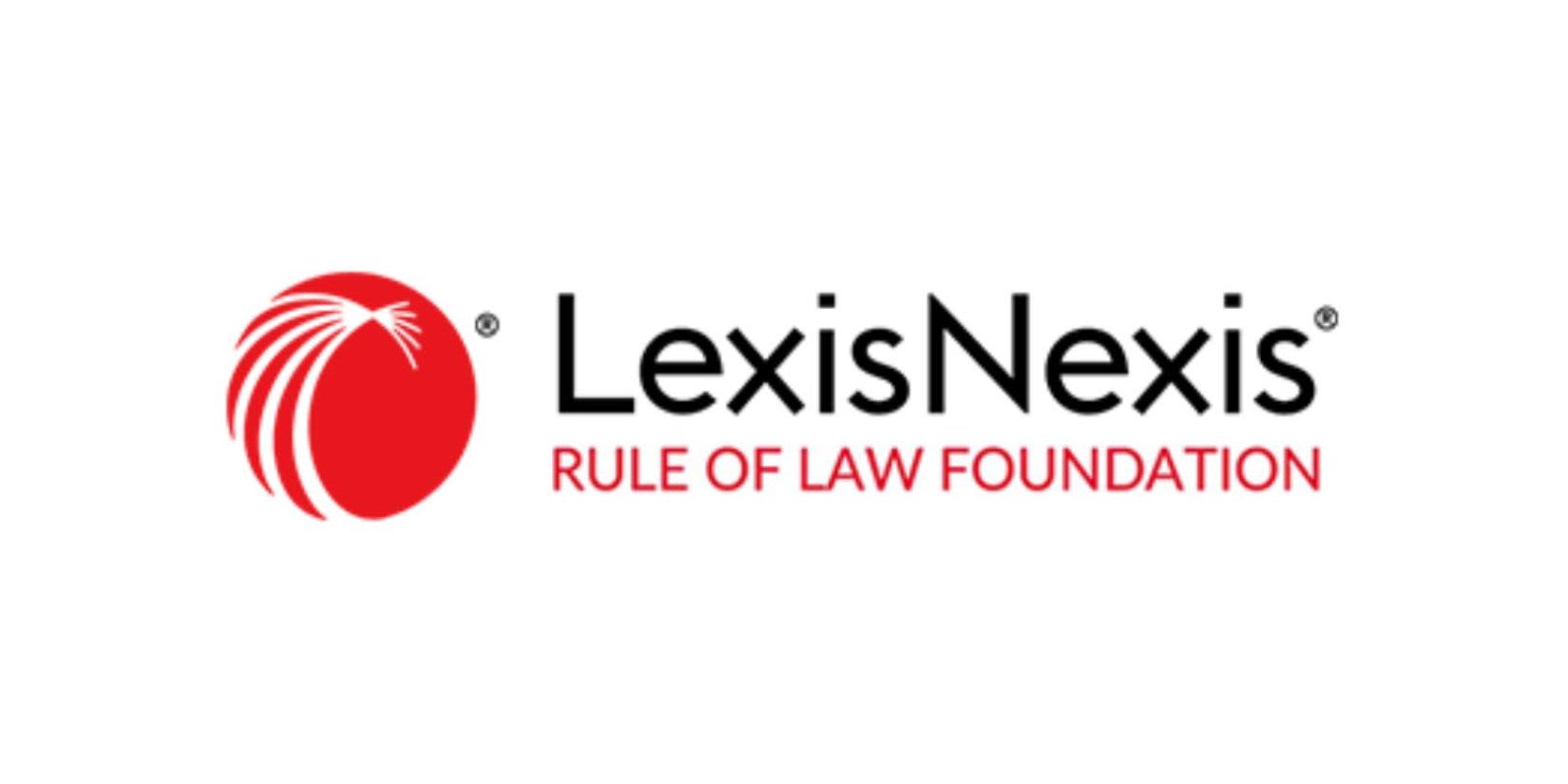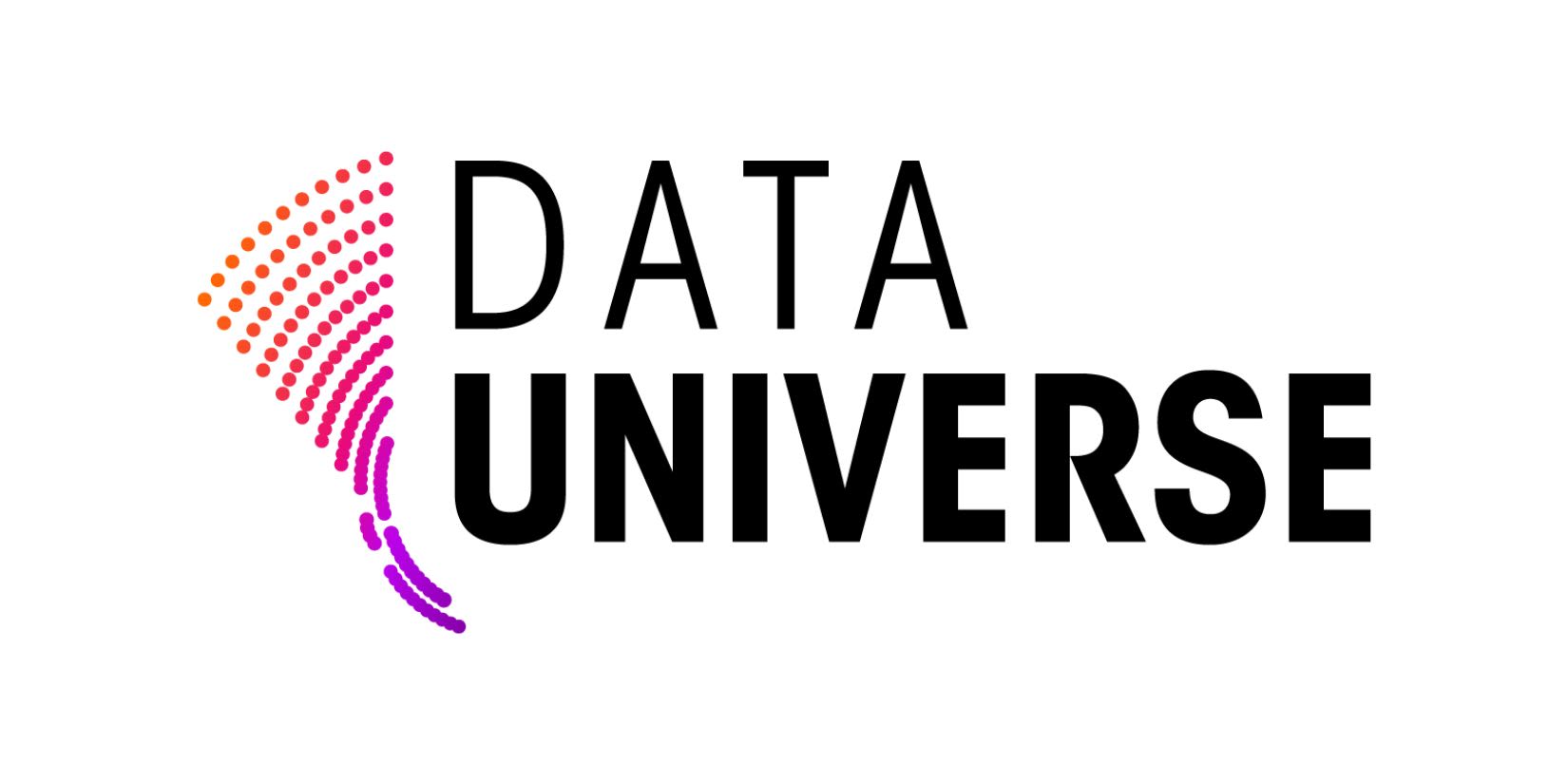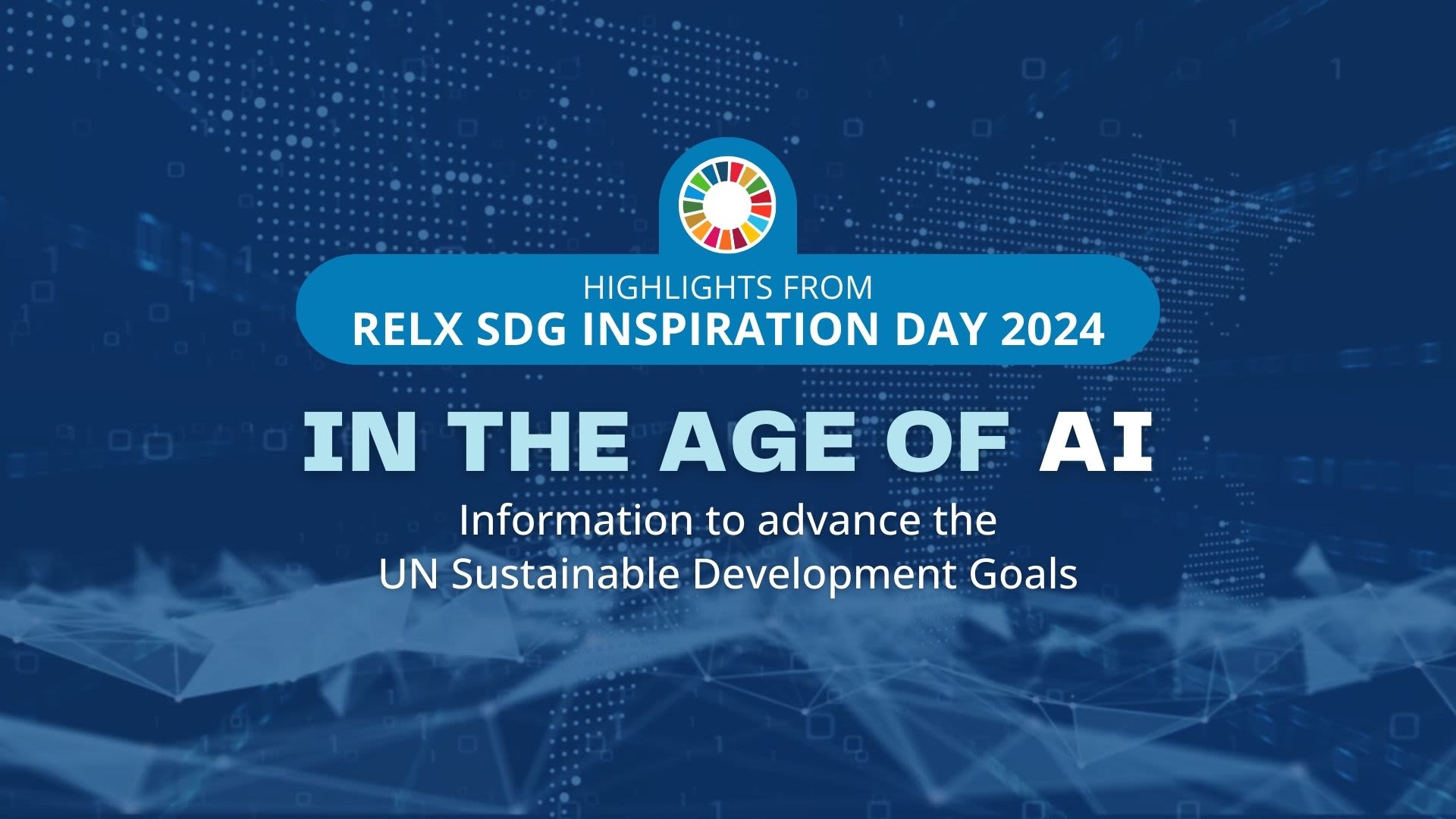
More than 1100 people came together virtually on 18 June 2024 for the tenth edition of the RELX SDG Inspiration Day: "In the Age of AI: Information to Advance the UN Sustainable Development Goals (SDGs)." The annual online event brings together thought leaders, corporate representatives, students, investors, governments, and NGOs to explore pressing issues, gain practical insight, and inspire action on the United Nations Sustainable Development Goals (SDGs).
AI holds tremendous potential for advancing the United Nations Sustainable Development Goals (SDGs). AI, particularly generative AI, provides new opportunities to analyse data and trends at pace and scale to further knowledge, allocation of resources and action. Applications to address the global challenges presented by the SDGs such as poverty and hunger, human health, climate change, biodiversity and ocean degradation are potentially limitless. Upskilling and access to AI technology will be critical, but how can we avoid an AI divide between the West and the rest?
Read on to discover the highlights from RELX SDG Inspiration Day 2024.
Featured speakers

The day was hosted by Award-winning Innovation Forecaster, Shivvy Jervis. Shivvy set the scene by championing AI innovation to advance the SDGs.
In his keynote speech, Dr. Mark van Rijmenam, a leading AI futurist and TEDx speaker, emphasised AI's critical role in achieving the Sustainable Development Goals (SDGs) by 2030. He highlighted AI's transformative potential, including its $15 trillion economic opportunity and its power to democratize creativity and decision-making.
Dr. Mark stressed the need for a balanced approach, acknowledging AI's potential to displace jobs and the importance of societal preparedness. He discussed the rapid advancements in AI and other emerging technologies, calling for robust data foundations to harness AI effectively.
He cited examples like McKinsey's proprietary AI model, which boosted productivity and AI-powered humanoid robots' potential to contribute to the SDGs. Dr. Mark urged businesses to leverage AI as a catalyst for innovation and positive change, ensuring a thriving digital future.
"The future is here, and the world is changing at such a rapid pace that we must stay informed and prepared to adapt to new realities."
Dr. Mark van Rijmenam
AI Futurist and TEDx Speaker
Access a clip from Dr. Mark van Rijmenam's session here.
Leadership in the Age of AI
Dr. Márcia Balisciano, Chief Sustainability Officer and Global Head of Corporate Responsibility at RELX, emphasised the urgent need to achieve the UN Sustainable Development Goals (SDGs) by 2030, highlighting the progress and challenges faced. She stressed the transformative potential of AI in advancing these goals, the importance of responsible AI principles - and the necessity of knowledgeable leaders. The event honored Ban Ki-moon, former UN Secretary-General and SDG architect, for his global sustainability efforts and youth empowerment initiatives, underscoring the importance of collaboration and ethical AI use for a sustainable future.
"We need leaders to be knowledgeable about the risks and opportunities for sustainable development, leaders who use the power of their positions to be steadfast advocates for positive change."
Dr. Márcia Balisciano
Chief Sustainability Officer and Global Head of Corporate Responsibility, RELX
In the first keynote address of the day, Ban Ki-Moon, 8th UN Secretary-General, highlighted the need for strong global political will, multilateral partnerships and equitable access to technology to achieve the SDGs. Highlighting AI's potential to address health, justice, and climate change issues, he urged collaboration and commitment to leaving no one behind.
Ban Ki-moon's address at RELX SDG Inspiration Day 2024
Ban Ki-moon's address at RELX SDG Inspiration Day 2024
AI and youth for development
To close the day, we heard from Michael Sheldrick, Co-Founder and Chief Policy, Impact and Government Relations Officer of Global Citizen, an action platform dedicated to achieving the end of extreme poverty. Sheldrick pointed to AI's capacity for enhancing data efficiency and reducing global greenhouse emissions, with initiatives like the Bezos Earth Fund’s $100 million challenge to tackle environmental issues. He also noted AI’s emerging applications in safeguarding children and combating illegal activities. However, he cautioned against techno-optimism, stressing that technology alone cannot resolve inequalities without robust policy frameworks. Overall, Sheldrick’s insights underlined AI's dual nature as a powerful tool for positive change and a challenge requiring careful management to ensure equitable benefits.
Access the full session with Michael Sheldrick here.
Watch highlights from the opening and closing plenaries
Opening Plenary
Catch up on the Opening Plenary of RELX SDG Inspiration Day 2024 featuring event hosts Shivvy Jervis, Innovation Forecaster and Dr Márcia Balisciano, Chief Sustainability Officer and Global Head of Corporate Responsibility at RELX. Hear from notable speakers Ban Ki-Moon, 8th Secretary General of the United Nations and Dr Mark van Rijmenam, @TheDigitalSpeaker AI Futurist and TEDx Speaker.
Closing Plenary
In the Closing Plenary for RELX's SDG Inspiration Day 2024 we hear final remarks from Dr Márcia Balisciano, Chief Sustainability Officer and Global Head of Corporate Responsibility at RELX and explore the topic of AI and youth for development with Mick Sheldrick, Co-founder of Global Citizen @GLBLCTZN, an action platform dedicated to achieving the end of extreme poverty.
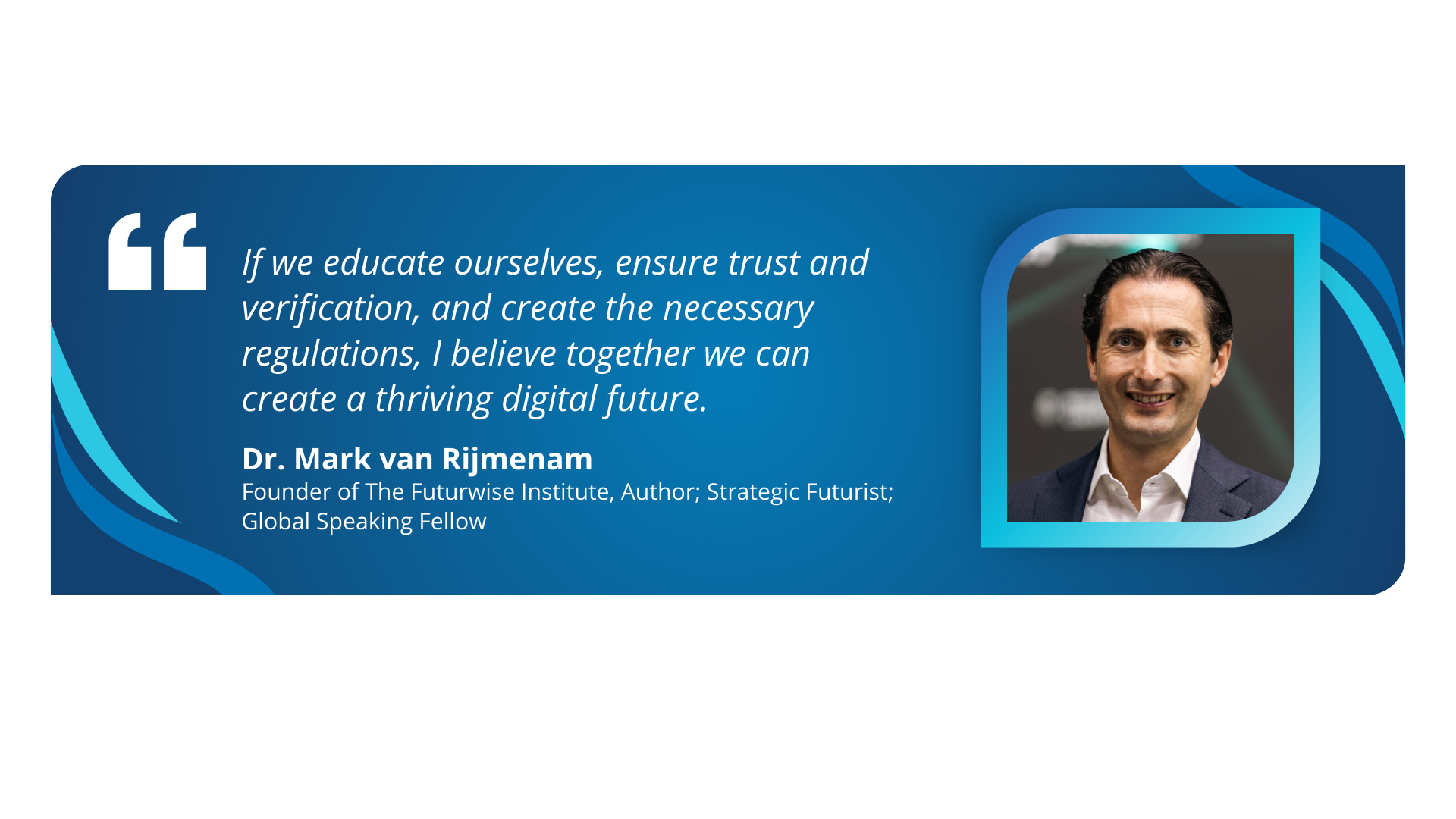
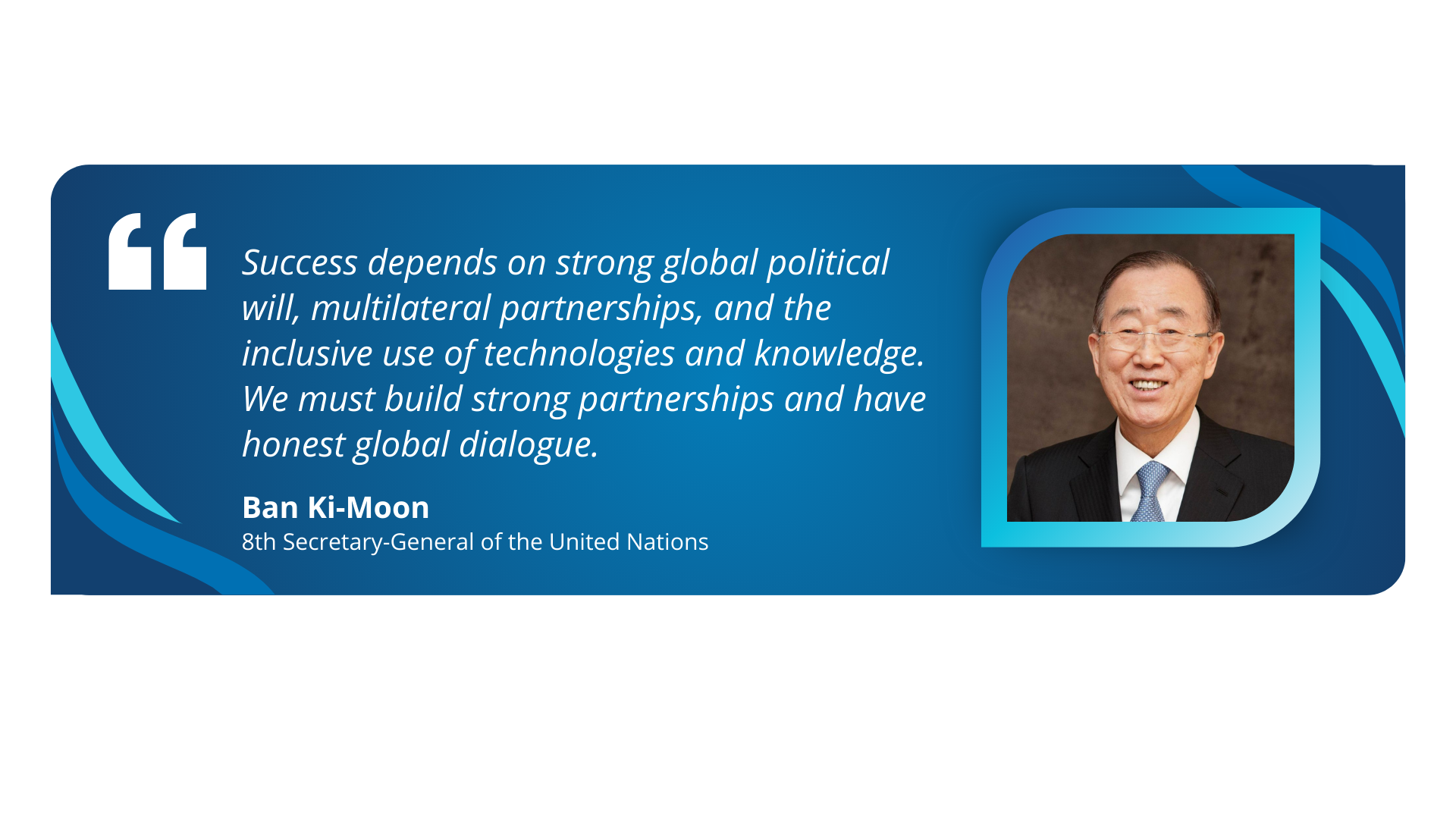
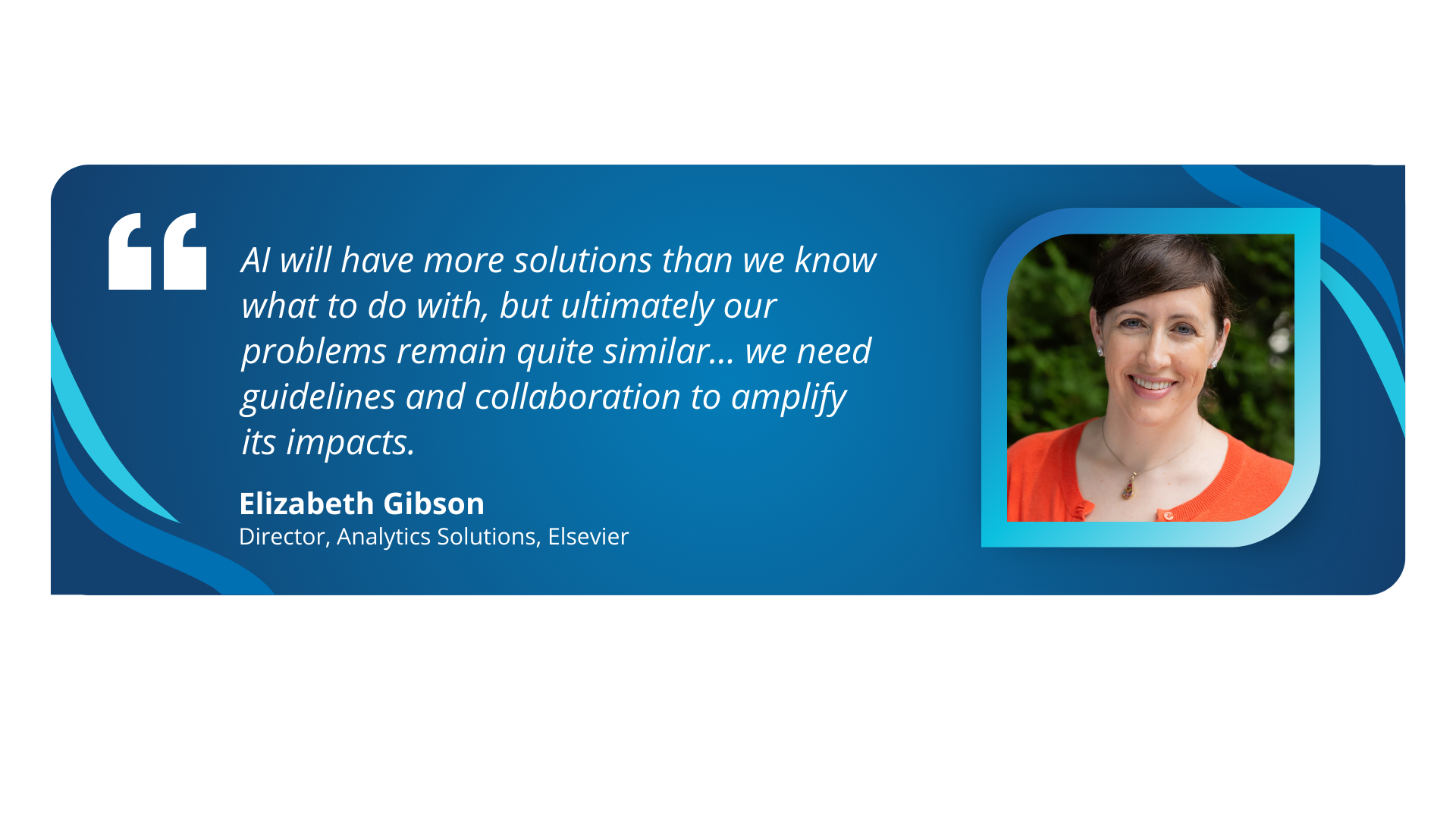
panel discussions

The AI upside for sustainable development
Global Partnerships and Networks Director and Julie Ann Wrigley Global Futures Laboratory Senior Director Ambassador Amanda Ellis' panel explored the potential of AI in ensuring sustainable supply chains, scaling data collection and emissions tracking, and democratizing data on climate law and policy globally.
Panellists included Global Head of Customer Success, at LexisNexis Intellectual Property Solutions, Cherry Murillon; Founder and Lead Innovator of CAWIL AI Solutions, Michal Nachmany; Founder and CEO of Climate Policy Radar and Co-founder and CEO of TransitionZero, Matt Gray.
Watch the full 'AI upside for sustainable development' panel here
Presenting the AI Index: Tortoise Media’s new benchmark for country investment in AI
Serena Cesario, lead researcher at Tortoise Media and co-author of the Global AI Index, presented an overview of the index, which ranks over 60 countries on AI capacity based on 111 indicators across innovation, implementation, and investment. The US leads the index, followed by China and Singapore, with smaller high-income countries like Israel and Finland also performing well. Serena discussed plans to expand the index to include sub-Saharan African countries, emphasise AI ethics, and examine AI adoption across industries. She invited researchers to engage with the index and announced the next update for September 2024.
Watch the full presentation on the AI Index here
AI and the Rule of Law: Peace, justice and strong institutions?
In a compelling panel discussion hosted by Steve Kenzie of the UN Global Compact Network UK, AI's pivotal role in achieving Sustainable Development Goal 16 (Peace, Justice, and Strong Institutions) took center stage. Joined by experts Ian McDougall, President of LexisNexis Rule of Law Foundation and Miriam Stankovich, Senior Principal Digital Policy Specialist at DAI’s Center for Digital Acceleration. The session underscored AI's potential to enhance legal processes, including dispute resolution, through rapid data analysis and unbiased decision support. Ian highlighted AI's current capabilities while cautioning that its development is just beginning, suggesting significant future advancements. Miriam emphasised the importance of ethical considerations, advocating for cautious implementation to mitigate biases, particularly in predictive justice systems. The discussion stressed AI's dual capacity to augment human expertise, fostering a future where AI complements but does not replace human decision-making in critical sectors like healthcare and law.
"The current AI models make statistical predictions rather than reason like humans, a distinction crucial for understanding its role in legal contexts."
Watch the full conversation on AI and the Rule of Law here
AI and climate change: Accelerating solutions or deepening the problem?
In their conversation, Dr. Marcia Balisciano and Jason Plent discussed the evolving phases of AI, comparing its early stages to an infant and anticipating a more sophisticated "teenage" phase where capabilities will markedly improve. They addressed concerns about AI's significant energy and water usage but expressed optimism that advancements in algorithms will enhance efficiency and mitigate environmental impacts. They highlighted current applications of AI in managing energy consumption and optimizing network layouts, emphasizing its potential to guide more sustainable practices. Overall, the discussion focused AI's transformative potential across various sectors while emphasising the need for responsible development to maximise its benefits and minimise its environmental footprint.
Watch the full conversation on AI and Climate Change here
A new paradigm for science and health
Can AI create A new paradigm for science and health? This panel discussion, moderated by Harold Neidhart, delved deeply into the transformative potential of AI and technology in healthcare and academia. Christina Campero from Prospera highlighted AI's role in democratising healthcare access in Mexico, focusing on preventing blindness and enhancing telemedicine. Rose Nakasi emphasised the impact of AI in disease diagnostics at Makerere University, particularly in malaria detection, underscoring its potential to revolutionise healthcare in Uganda. Elizabeth Gibbs discussed Scopus AI's role in accelerating research insights globally, ensuring trusted scholarly content guides impactful research decisions. This discussion not only highlighted AI's dual role in enhancing healthcare outcomes while advocating for ethical considerations and global accessibility. It also proposed a vision where AI supports personalised medicine, improves diagnostics, and accelerates research, underpinning a future where technology bridges healthcare gaps and advances societal well-being globally.
"With the power of artificial intelligence, we believe more could be leveraged in personalizing care and treatment."
Watch the full science and health panel discussion here
The policy prescription for AI and sustainable development
Richard Wingfield and Elizabeth Crossick highlighted AI's potential to enhance development, particularly in healthcare and public service efficiency. They discussed the importance of balancing the benefits of AI with potential job displacement, emphasising that while tasks may become redundant, entire jobs likely won't. Both agreed on the need for proactive, ethical corporate responsibility beyond simple compliance with regulations. They also critiqued the EU AI Act as a strong, albeit imperfect, first attempt at regulating AI, acknowledging its complexity and the iterative process needed for its effective implementation.
Watch the full Expert Bilateral here
Truth and trust in the age of AI
A conversation curated by Global Policy Adviser, Alice Pilia, centred on the intersection of generative AI and the United Nations Sustainable Development Goals (SDGs), emphasising the need for trustworthy and ethical AI systems. Nancy Morgan and Karen Silverman, highlighted the dual potential of AI to advance public health and inspire creativity while also raising concerns about misinformation and ethical governance. They discussed initiatives such as digital nutrition labels and blockchain technology for content transparency and authenticity, noting the importance of collaborative efforts and comprehensive strategies across the information lifecycle. The session highlighted the imperative to develop AI responsibly to harness its benefits and mitigate risks.
Watch the full panel on 'Truth and trust in the age of AI' here
Watch the panel discussions
The AI upside for sustainable development
Hosted by Ambassador Amanda Ellis, Senior Director, Global Partnerships and Networks, Julie Ann Wrigley Global Futures Laboratory the panel explores the opportunity AI presents for sustainable development.
Presenting the AI Index: Tortoise Media’s new benchmark for country investment in AI
Serena Cesareo, Lead Researcher at Tortoise Media and co-author of the Global AI Index presents the AI Index: Tortoise Media’s new benchmark for country investment in AI.
The policy prescription for AI and sustainable development
In this expert bilateral, Richard Wingfield, Director, Technology Sectors, BSR and Elizabeth Crossick, Head of EU Government Affairs and Global AI Policy Lead, RELX discuss the policy prescription for AI and sustainable development.
AI and the Rule of Law: Peace, justice and strong institutions?
In this session hosted by Steve Kenzie, Executive Director, UN Global Compact UK Network, experts Miriam Stankovich, Senior Principal Digital Policy Specialist at DAI’s Center for Digital Acceleration and Ian McDougall, President of LexisNexis Rule of Law Foundation discuss AI and the Rule of Law.
Truth and trust in the age of AI
A conversation curated by Global Policy Adviser, Alice Pilia featuring: Karen Silverman, CEO and Founder, The Cantellus Group and Nancy Morgan, CEO, Ellis Morgan Enterprises
AI: A new paradigm for science and health
Can AI create A new paradigm for science and health? This panel discussion, moderated by Harold Neidhart, delved deeply into the transformative potential of AI and technology in healthcare and academia. Featuring panelists Cristina Campero, CEO, PROSPERiA; Elizabeth Gibson, Director, Analytics Solutions, Elsevier; Rose Nakasi, PhD, Researcher of Computer Science at AI and Data Science Lab, Makerere University, Uganda and Chair for Topic Group AI-based detection of Malaria.
SDG Customer Awards

Each year RELX celebrates four customers that have made a significant, demonstrable contribution to one or more of the SDGs. Winners celebrated during RELX SDG Inspiration Day included:
- Banreservas, the largest bank in the Dominican Republic, nominated by LexisNexis Risk Solutions, for its work to promote the prosperity and well-being of all Dominicans through their commitment to the social and economic well-being of the country.
- World Justice Project was nominated by LexisNexis Legal & Professional for their collaboration to analyse disinformation laws in 10 Southeast Asian countries, resulting in a comprehensive report advocating for a human rights-based approach to resilience against disinformation.
- American College of Medical Genetics and Genomics was nominated by Elsevier for its Open Access journal, Genetics in Medicine Open, which has a strong emphasis on diversity, equity and inclusion.
- Nominated by RX, Ubongo was recognised for its mission to use early childhood edutainment to reach over 120 million children and their families by 2030 and increasing early cognitive skills such as literacy and numeracy by 13%.
Watch clips from the SDG Customer Award sessions
AI for Nature
HOSTED BY

Attendees joined an engaging session hosted by event partner, Pineapple Sustainable Partnerships. Andy Dewis and Rafael Addlestone are experts in sustainable business strategy. The discussion was framed around the alarming loss of global biodiversity and the role technology, particularly AI, can play in conservation efforts. Sasha Dench, renowned for her work in wildlife conservation, illustrated the evolution from manual data collection in her early career to the potential of AI today. Joe Griffin called attention to the transformative power of technology in making nature accessible and engaging the public in conservation efforts. Overall, the discussion painted a hopeful picture of how AI can empower scientists and conservationists to drive systemic change and restore ecosystems to healthier states, leveraging data to set higher conservation goals beyond current baselines.
Watch the session hosted by Pineapple Sustainable Partnerships as we explore the role and opportunity for AI in supporting nature and biodiversity.
Watch the Scribe of the event

RELX has partnered with design agency Scriberia since the first RELX SDG Inspiration Day held in 2017. From the start of the day, a talented illustrator ‘scribe’ captures the conversations, insights and learnings, creating a striking and informative record of the event. Explore the scribe from this year's event below:
event partners

more about RELX & ai

relx Responsible ai principles
As data science and artificial intelligence (AI) are increasingly applied across RELX to improve customer outcomes and business processes, we created the RELX Responsible AI Principles to guide their use. The Principles were published in 2022 and are publicly available here. The Principles are accompanied by a RELX position paper on AI and a dedicated address that anyone can use to provide feedback or raise queries: ResponsibleAI@relx.com.
The Principles state: We consider the real-world impact of our solutions on people, we take action to prevent the creation or reinforcement of unfair bias, we can explain how our solutions work, we create accountability through human oversight, we respect privacy and champion robust data governance.
Read more about the RELX Responsible AI Principles and how RELX is adopting generative AI here.
special collection
To mark this year’s RELX SDG Inspiration Day, Elsevier curated a special collection of free to access articles and chapters to advance knowledge and understanding of AI and the SDGs. Articles include Harnessing artificial intelligence and big data for SDGs and prosperous urban future in South Asia; Artificial intelligence and sustainable development goals nexus via four vantage points; Artificial intelligence and sustainability: Solutions to social and environmental challenges and much more.
Discover the latest research on AI and the SDGs in the free to access special collection here.

